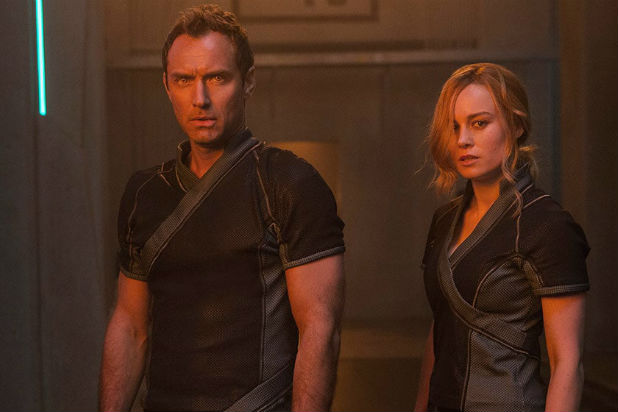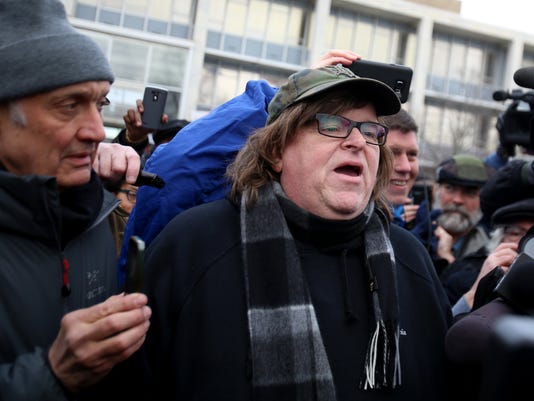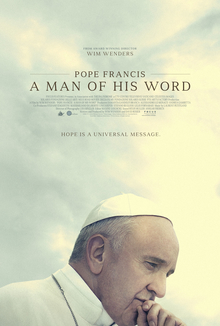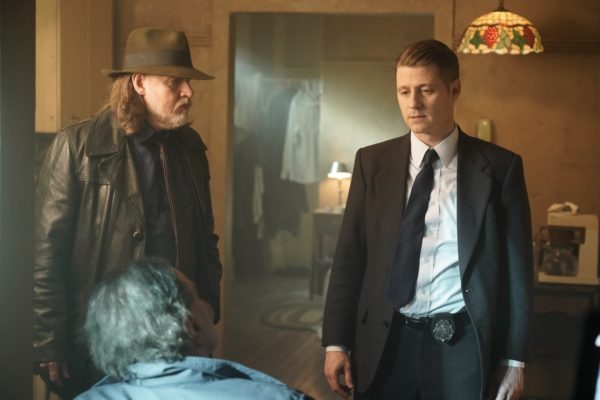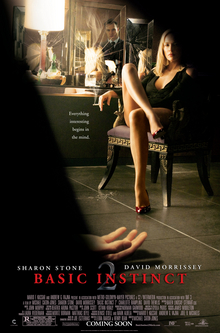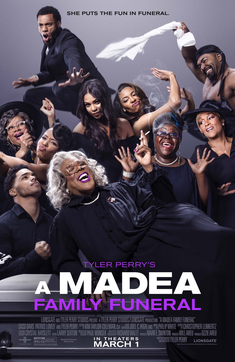OUT OF AFRICA (1985)
I Had A Nap In Africa, By the Foot of the Ngongo Hills...
"We've rented Out of Africa five times and haven't gotten through it once," Golden Girls' Blanche Devareux tells her friend with benefits Mel Bushman in one episode. "I know, and it works every time," he answers gleefully, meaning they end up having sex over finishing the almost three hour film. Out of Africa, I suspect, might not get made today with the reasons being as varied as the film being another 'white savior' narrative or an ode to imperialism. Outside some technical elements, I am hard-pressed to find much to praise Out of Africa for.
The film is essentially about a love triangle. Danish upper-class woman Karen Blixen (later known by her alias Isak Dinesen) remembers when "I had a farm in Africa, by the foot of the Ngongo Hills...". Karen comes to 1913 Kenya to marry her friend, the Baron Bror Blixen (Klaus Maria Brandauer). It's a marriage of convenience for both: she gets back at her lover who happens to be Bror's brother and becomes 'Baroness Blixen', he gets her money. Both go into the marriage aware of things, but for a marriage not built on love it's amazing how quickly they grow to hate each other.
'Blix' is habitually unfaithful down to giving her syphilis. Still, Karen does the best she can with Blix going off hunting or World War I or safari, it really does not matter why. He just leaves. Over her objections, they opt to raise coffee even after being told the countryside is too high for such things. She also keeps re-encountering Denys Finch Hatton (Robert Redford), a big game hunter. They eventually fall in love, though it takes nearly two hours for them to kiss.
Denys, despite his feelings and admiration for the Baroness Blixen, won't be tied down. They pull and push until financial disaster causes her to lose both the Baron and her beloved African farm. She also loses Denys, killed in a plane crash. She goes back to Denmark, where we learn she becomes an authoress but never returns to Africa.
 Has a movie gone so far out of its way to lull its audience to near-total slumber as Out of Africa? The film takes its long, long time getting virtually nowhere, with scenes, characters, and whole situations that either could have been cut entirely or were never integrated into whatever the story was. Out of Africa has an unfortunate habit of forgetting about characters altogether.
Has a movie gone so far out of its way to lull its audience to near-total slumber as Out of Africa? The film takes its long, long time getting virtually nowhere, with scenes, characters, and whole situations that either could have been cut entirely or were never integrated into whatever the story was. Out of Africa has an unfortunate habit of forgetting about characters altogether."Where's Belknap? I haven't seen him," Denys asks Karen at one point. It's an apt question, for Belknap (Shane Rimmer), the Blixen farm overseer, pops in at most three times and adds nothing to the myriad of stories flowing hither and yon in Kurt Luedtke's screenplay. He isn't an antagonist to Karen. He isn't a soundboard for her about the farm. He is neither cruel and antagonistic towards the native Kikuyu nation that lives on the Blixen estate or conversely kind and interested.
He's just...there.
Over and over we have characters who at first appear to perhaps have a part to play in the film only to reveal how unnecessary and irrelevant they are to it. There's Felicity (Suzanna Hamilton), a young Englishwoman whom the film seems to set up as Karen's only female British friend. However, she has at most two conversations with the Baroness and then essentially disappears save for a sight of her at a steeplechase and Denys mentioning he might take her on a flight.
Same goes for Farah (Malick Bowens), her faithful attendant. He might have given our dimwitted, somewhat haughty white woman those words of wisdom, but instead he just stood around, looking dignified and taking things in with a surprising detachment. There seems a subplot bubbling with Denys and Karen's mutual friend Berkeley Cole (Michael Kitchen), but again, nothing came from it and added nothing to the film.
I'll walk that back slightly: it did give audiences a chance to see supermodel Iman as Berkeley's secret Somali love. I would have liked to have seen a film about their relationship versus the Karen/Denys one.
I'm not even sure Baron Blixen was necessary to Out of Africa. If this film weren't based on real events, one would think he was just a plot device to get Karen to Africa.
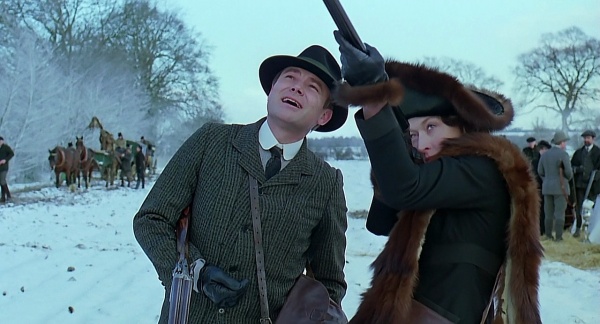 We get constant hints that Out of Africa wants to tell some kind of story only to never follow through. In the beginning of the film, the British male colonials are horrified to find a woman wandering into their club and have their Indian server essentially throw her out. At the end, these same male colonialist invite her into the club for a drink and toast her. Given that the film shows essentially no interaction with the British colonials one is puzzled why they had such a slow turnaround.
We get constant hints that Out of Africa wants to tell some kind of story only to never follow through. In the beginning of the film, the British male colonials are horrified to find a woman wandering into their club and have their Indian server essentially throw her out. At the end, these same male colonialist invite her into the club for a drink and toast her. Given that the film shows essentially no interaction with the British colonials one is puzzled why they had such a slow turnaround.Perhaps they remember when she traveled across dangerous territory to deliver supplies to the British during World War I, but by the time she leaves that seems ages ago and one would not blame the audience for forgetting.
The film forgot, treating the war as another excuse for Baron Blixen to leave his wife. Like in almost every aspect of Out of Africa, the film desperately pushes for this to be something of importance but never does anything with it.
It might be that the story has so much material in it that director Sydney Pollack just wanted to through everything at it: love, adventure, danger, expecting thrills and swoons but only failing to deliver. The film moves slowly, painfully slowly, and I don't think anyone showed any emotion. Out of Africa is the type of film where the characters talk endlessly about how much they are in love but never show they are in love.
Streep was all about her Danish accent, perhaps one of her worst moments. Like everyone else, there is a monotone to her performance, where moments that would cause people to have some kind of reaction get nothing from her. "I think you better get up Memsaab," one of her servants wakes her with as her coffee goes up in flames. "I think God is coming". As her work goes up in flames, Streep acts as if all this is distressing, but there's the trouble.
She ACTS, which could be forgiven if she made it plausible to believe this is Karen Blixen aware she is ruined. Instead, we see it's Meryl Streep putting on what I figure is a Danish accent flaying about.
The single worst aspect of Out of Africa is the green screen the film uses. While there is much beautiful cinematography of the African hills, plains and savannas, at least twice it is so painfully clear that the characters are not where they are supposed to be that it borders on negligent. One can perhaps overlook that Streep and Redford are not on the actual airplane but instead in front of a projection because we've got that beautiful cinematography and John Barry's simply gorgeous score.
There is however, no excuse as to why Streep and Brandauer are not in the Danish winter. It is so obviously fake that I'm aghast at how anyone could think the visuals were good, let alone worthy of Best Director or Picture.
I figure I should end on the only real undisputed brilliant element of Out of Africa: John Barry's score. Of particular note is its theme, this sweeping, elegant and mournful music that can make anyone fall in love.
Out of Africa is a film that constantly strives to be sweeping, romantic and epic, and constantly fails. Personally, I would recommend the miniseries The Flame Trees of Thika, which also has a pre-World War I Kenya setting, over Out of Africa.
Outside Barry's score and David Watkins' cinematography there is nothing in Out of Africa worth anyone's time, let alone three hours of it.
Out of Africa is as wide as the Sahara and just as empty.
 |
| 1885-1962 |
DECISION: D-
1986 Best Picture Winner: Platoon




